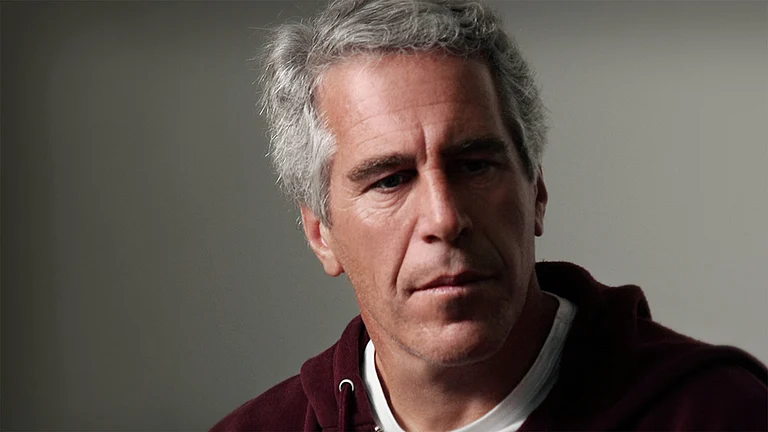A framework for peace in Kashmir must invariably factor in Pakistan's compulsions. Forfar too long has Islamabad supported the aspirations of Kashmiris to now resile completelyfrom offering a just and equitable solution to them. Kashmir is indeed such a dominantaspect of the Pakistani psyche that no government can relinquish its claims to the Valleyand hope to survive. A framework for peace must consequently take into account Pakistan'ssusceptibility and provide Islamabad a package it can sell to its people.
Says Gen (retd) Talat Masood, a key figure in the Track II diplomacy circuit,"It's too late for Pervez Musharraf to wish away Kashmiri aspirations. If he doesthat, then the problem will fester." Adds former isi chief Hamid Gul, "The mainproblem is that the Kashmir issue is related to all security issues between India andPakistan. Find a solution to Kashmir and you would have resolved all other outstandingissues."
Will converting the LoC into the border address Pakistan's twin concernsofsatisfying the aspirations of Kashmiris without compromising Islamabad's securityconcerns? Most Pakistanis feel freezing the LoC meets neither Pakistan's anxieties norKashmiris' aspirations, and want a more prominent role for Pakistan and Kashmiris in anypeace move.
Says Masood, "The freezing of the LoC will also freeze the people's problem.Kashmir isn't about territory, it's about people. True, Kashmir should become a bridge buteven if Pakistanis were to give more than what's expected of them, the problem of peoplewill remain." Masood's contention is iterated by most others: the status quo inKashmir must change but this should be subject to the approval of its people. So, whatproposals other than freezing the LoC will gain acceptance in Pakistan?
Masood's answer is typical of most others. He argues, "Kashmir has to be givengreater autonomy for five to 10 years. This could be the cooling-off period before aplebiscite. Of course, the whole exercise should be under international supervision. Letthe borders remain open and let the people interact. From what I can gather, I think theKashmiris are more or less inclined to such a solution."
Columnist M.H. Askari proffers a step-by-step approach. "The first thing the twosides should do is to demilitarise the icy wastes of Siachen and Kargil," he says."Then both should agree to renounce their claims and jurisdiction and make j&kinto an independent state, or place it under some sort of UN trusteeship for an agreednumber of years . Anyway, both India and Pakistan accept the LoC as the internationalborder which the Indian side insists was in any case an option ceded in principle at theSimla conference."
Others like Air Marshal (retd) Asghar Khan suggests that the Valley should come underthe joint control of the two countries. "Details can be worked out and negotiated.But basic readiness to be flexible and make compromises are the prerequisites," theair marshal points out. Former minister Mushahid Hussain, too, vetoes the idea of makingthe LoC the permanent border"The status quo has to change," hesaysbut can't think of an alternative. He says, "The Vajpayee-Musharraf summitshould provide a framework for the future. The absence of large-heartedness on India'spart manifests in petty pursuits at the expense of broader goals. India has demonstratedan inability to give, to concede anything, even where it has nothing lose. Take the 1974Indira-Mujib Treaty; New Delhi hasn't ratified the treaty yet."
It seems the two countries must undertake confidence-building measures even before theybegin to think of a framework for peace. For instance, many feel India's desire to emergeas a global power is the real reason for inviting Musharraf. Says Dr Shireen Mazari,director-general of the Institute of Strategic Studies, "Today, India has embarked ona multi-faceted proactivism premised on a global strategic understanding with the US andon a drive towards seeking increasing acceptance of its nuclear and great-power status.The Indian invite has arisen from these considerations and from the fact that Kashmircontinues to be a major hindrance to India's quest for great-power status. Pakistan needsto frame its responses within these parameters." Clearly, such perspectives precludea solution, let alone accepting the LoC as the permanent border.





















